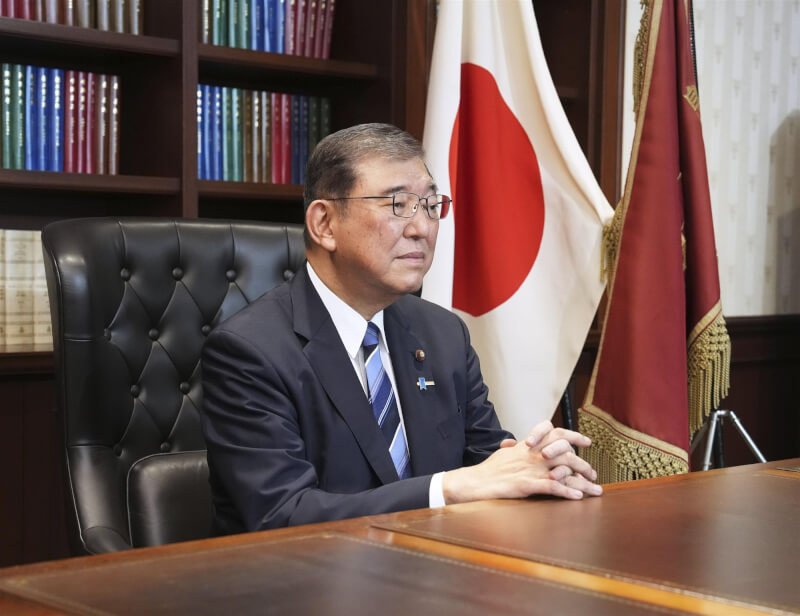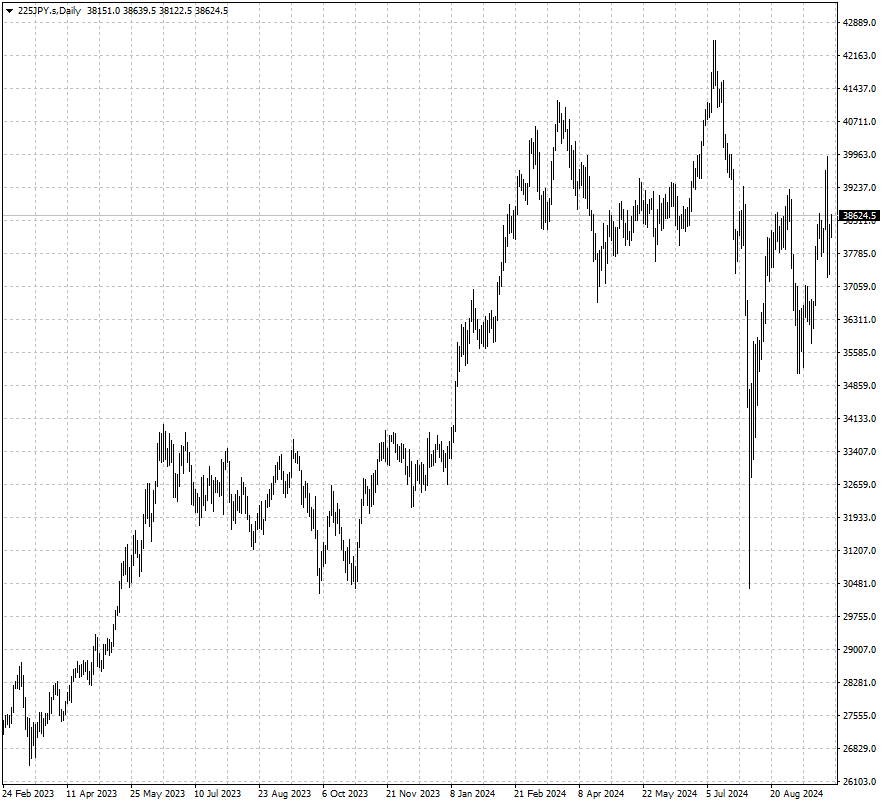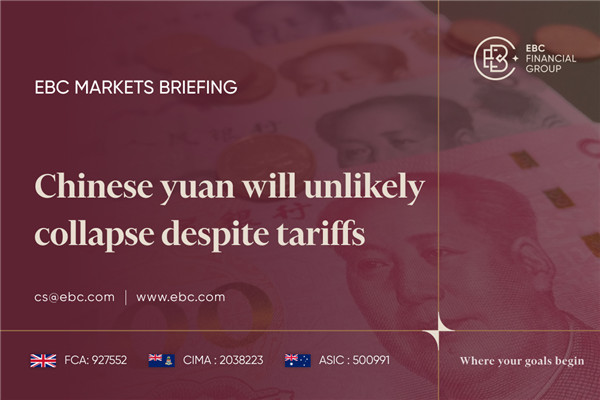Japan Stocks Rally After Ishiba-Driven Slump
2024-10-01
 Summary:
Summary:
Japan's Nikkei rose 1.5% after a 4.8% drop Monday, as investors reacted to Shigeru Ishiba, viewed as a monetary policy hawk, becoming prime minister.
Japan's Nikkei rose 1.5% in early trading after shedding 4.8% on Monday as
investors contended with perceived monetary policy hawk Shigeru Ishiba winning a
contest to become the country's prime minister.

The market was also buoyed by a softer yen but still lagged behind its major
peers in the region. Indian and Australian stocks both hit their record highs
last week after China's latest round of stimulus.
Some analysts pointed out that the Japan market has been seen as the "anti-China trade" against geopolitical tensions. In that sense, the blistering
rally in Chinese market could turn out to be a headwind.
The election result means the BOJ "will not face any political hurdle for
hiking rates further." According to Sumitomo Mitsui Banking Corporation. A
stronger yen puts pressure on exporters.
In a sign of the effect, Japan's export growth slowed sharply in August as
shipments to the US dropped for the first time in three years, while machinery
orders unexpectedly shrank in July.
Industrial production declined more than expected in August, with
uncertainties over the global economy further clouding the outlook for the
country's manufacturing sector.

The Nikkei index has been highly volatile last month amid concerns about
central bank decision and political turmoil. Higher high and higher low indicate
that uptrend will continue, with resistance seen around 40,000.
Disclaimer: This material is for general information purposes only and is not
intended as (and should not be considered to be) financial, investment or other
advice on which reliance should be placed. No opinion given in the material
constitutes a recommendation by EBC or the author that any particular
investment, security, transaction or investment strategy is suitable for any
specific person.








